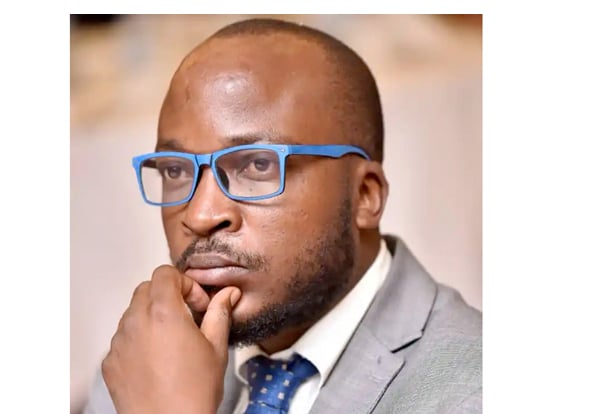Excluding election results from some centres not wise

Fr Nicholas Kayongo
What you need to know:
- To my amazement, some of the citizens did not go to the polls, arguing that the queues were too long for them to wait, while some said they could not afford the transport fare to their respective polling stations.
After casting my ballot in presidential and parliamentary elections at Bunamweri Catholic Sub-Parish Polling Station in Mpigi Town Council on January, I had a virtual interaction with some citizens both from the ruling NRM party and the Opposition to get their views on the conduct of the election.
To my amazement, some of the citizens did not go to the polls, arguing that the queues were too long for them to wait, while some said they could not afford the transport fare to their respective polling stations.
These reasons troubled me profoundly because these voters were denying the fact that freedom always comes with a cost. Their failure to vote was affirmed by the Electoral Commission’s report that more than eight million registered voters did not turn up on election day. While some registered voters may have died, the majority voluntarily decided not to participate in the election.
However, the revelation by Daily Monitor of January 18 that was later confirmed by the Electoral Commission that results from more than 1,273 polling station were excluded from the final tally further made me side with the voters who refused to participate in the exercise.
While announcing results on January 16, the Electoral Commission (EC) chairman, Justice Simon Byabakama, said 10,359, 479 votes were cast for presidential election, representing 57. 22 per cent of the total 18, 103, 603 million registered voters.
While the Electoral Commission says these uncounted for polling stations did not have a significant impact on the final outcome of the presidential race, this demoralises the efforts of registered voters, who participated in the elections. Perhaps this is one of the reasons why there was generally low voter turn out in the country. Voters ended up excusing themselves from the elections.
In my view, the number of absentee voters, will continue to rise, and sadly, at the expense of the quality of the country’s democracy. No wonder last Wednesday, local government elections, voter turnout was extremely low.
In the Daily Monitor of last Friday, Mr Joseph Ssesanga, a voter in Kavule Zone, Luweero Town Council, said the reason he did not vote in the local government elections is because his favourite candidates at both the presidential and parliamentary elections lost.
Therefore, while the Electoral Commission might have followed the law to exclude results from more than 1,273 polling stations countrywide, they need to take into account the nature of elections in Uganda where voter apathy is also apparent.
Another insight is that in any election, there will be a winner and a loser. It is high time Ugandan political contestants at all levels learnt to accept defeat and preach peace.
Abraham Lincoln, who was defeated by Senator Stephen Douglas in the 1858 Senate elections in Illinois in the United States, equated losing an election to a boy who stabs his toe and he is too old to cry, but hurt too much to laugh.
Therefore, I appeal to election losers that the method of persuasion is a moral and democratic imperative. But where they believe that they lost election unfairly, the losers should petition court for redress.
Furthermore, the winners should be aware that they do not have the answers to every contested public policy issue. Therefore, consulting and electing to work with the losers may grant reliable solutions for some of our national aspirations. Fellow citizens, let us climb the hill of rebuilding the public moral culture that can sustain a democratic policy capable of advancing social solidarity in our country.
Fr Nicholas Kayongo is a curate at Holy Trinity Catholic
Parish Kamwokya, Kampala Archdiocese.




